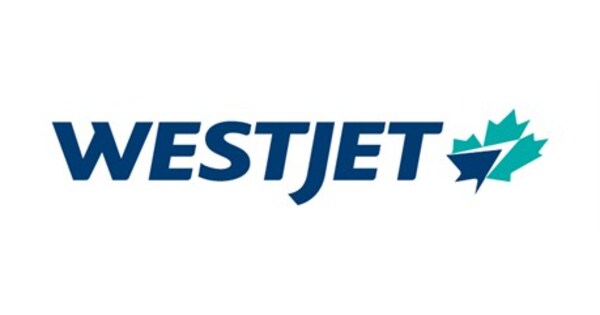Discover the perspectives of industry-leading CIOs on the value of AI in networking.

Interest in artificial intelligence (AI) is huge and the technology is evolving at a rapid pace. How can companies keep up, plan and (most importantly) reap the benefits that AI promises?
Foundry posed this question to attendees of its Spring 2024 CIO Think Tank in a series of virtual roundtables. We heard firsthand about the use cases they were pursuing, the challenges they faced, and potential solutions. One reality quickly became clear: While AI requires a high-performance network to function properly, it also has the potential to significantly improve network performance, resiliency, and ROI.
CIO Think Tank is a collaboration focused on sharing ideas and expertise from top IT leaders, IDC analysts, Foundry editors, and our exclusive vendor partners to explore and shape the future of IT functions and emerging technologies.
Using AI to create better networks
From speaking to CIOs, it quickly became clear that many organizations are still in the planning stages of implementing AI, so there’s no need to panic if your vision isn’t set in stone yet. However, IT leaders generally expect big benefits from AI in areas like data analytics, employee productivity, and process automation. And they’re largely dependent on their network strategy and infrastructure to deliver those AI benefits.
The good news is that while enterprise networks already have high reliability, AI can further improve their performance while reducing the operational burden on network personnel.
In fact, IDC’s 2023 Survey on the future of networking found that respondents expect AI and machine learning (ML) technologies to assist them with network operations (AIOps) tasks. About a third of them rely on AIOps to optimize network performance, improve network security, and increase network automation, while more than a quarter also expect AI/ML to help speed up the resolution of network problems.
The CIO Think Tank’s findings are consistent with this thinking. As networks become more interconnected and multiple cloud providers are involved, it becomes increasingly difficult to troubleshoot problems. “As data moves through the pipeline, it is translated into many different languages, and trying to track down problems can be very time-consuming,” said Steven Nieland, VP of Software Engineering and Controls at Faith Technologies. “We hope AI can serve as a second pair of eyes here.”
Expanding AI use cases and optimizing infrastructure
Beyond AIOps, think tank CIOs are also integrating AI into business applications, including chatbots and customer contact assistants, quality control, document analysis, and anomaly detection in massive financial data sets.
Interestingly, however, not all participants heed the basic advice to start with a single project or low-hanging goals. Many said they focus first on building a strong AI foundation, including a center of excellence (CoE), governance principles and processes. “Use cases actually come last,” said Christopher LaCour, CIO of Propio Language Services.
Deciding where to run AI training and inference engines is another potential sticking point, and it is related to the requirement for a high-performance, resilient network that can handle all the AI traffic.
“There is a lot of back-and-forth communication between these GPUs, so the network’s bandwidth and latency requirements have suddenly increased,” said Praveen Jain, SVP and general manager, AI Clusters and Cloud Ready Data Center at Juniper.
Aspects such as sustainability also play a role in decision-making, as running AI in one’s own data center can potentially lead to higher greenhouse gas emissions. Some fear unintended consequences and therefore only run AI in a sandbox environment, while others – at least for now – deploy it exclusively in the cloud.
These are just some of the insights from the CIO Think Tank Roadmap report. Read the full report to learn more about what CIOs think about AI issues like trust, security and workforce.
Learn how Juniper Networks can automate your network with AI.



